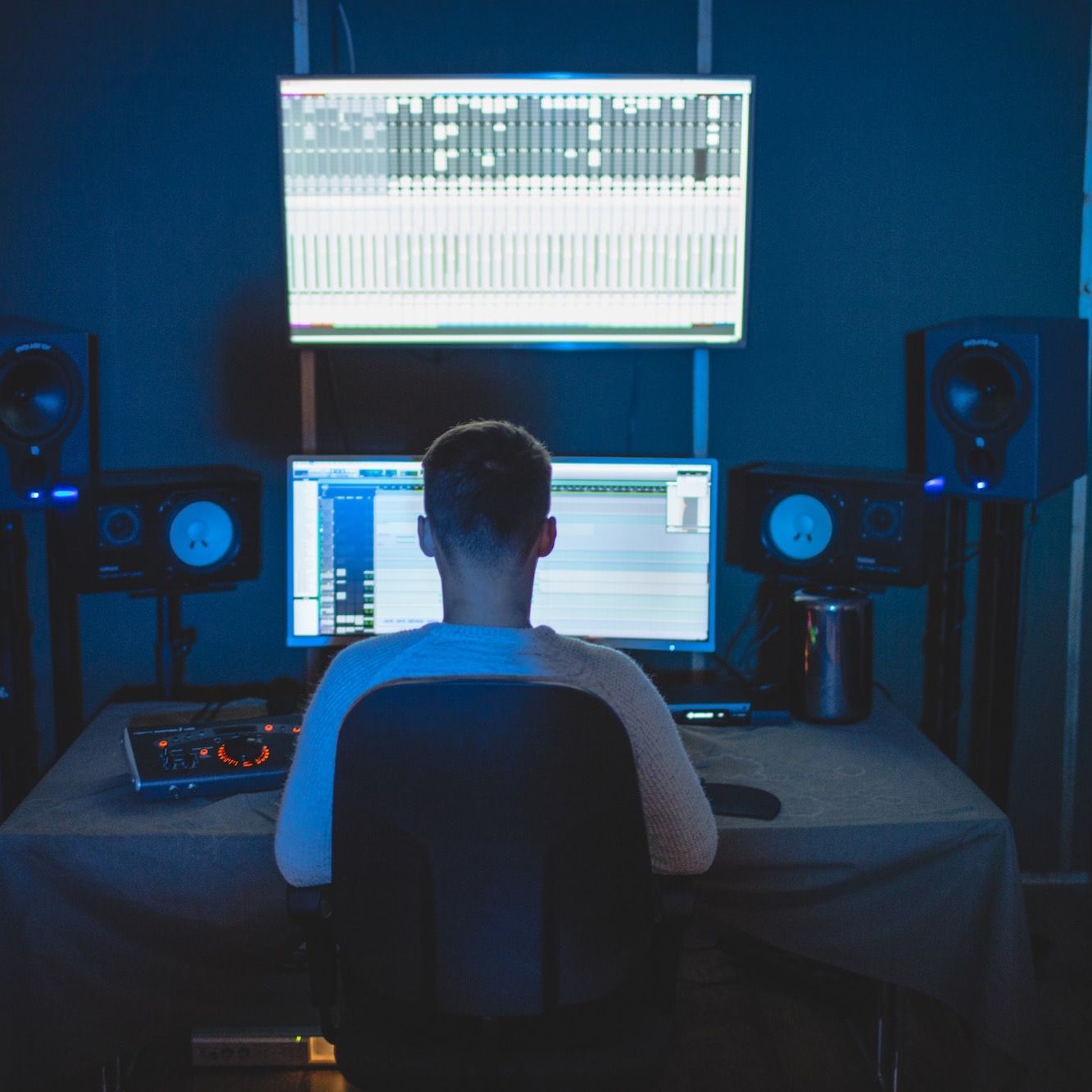The Symphony of Innovation: Dissecting the Impact of Tech on Music Production

Music, an enduring component of human expression, has walked hand in hand with technology since time immemorial. Over the centuries, we've witnessed a myriad of groundbreaking inventions that have shaped the music industry. The evolution from mechanical to electronic, and now, digital means of creating music has been a fascinating journey. Today, we delve into the current landscape of music technology and explore the innovative tools that are redefining music production in the 21st century.
1. DAWs - Digital Audio Workstations
The advent of Digital Audio Workstations (DAWs) was a game-changer for the music industry. DAWs such as Ableton Live, Logic Pro, and Pro Tools have equipped musicians and producers with powerful tools to create, mix, and master music. With the capability to record multiple tracks, use virtual instruments, and apply a vast array of effects, DAWs have made music production accessible to anyone with a computer.
2. MIDI Controllers
The MIDI (Musical Instrument Digital Interface) protocol has been central to digital music since the 1980s. MIDI controllers, which come in various forms such as keyboards, drum pads, and wind instruments, enable musicians to interface directly with their DAWs. They allow for expressive control over virtual instruments and can often be customized to suit the unique workflow of the user.
3. Modular Synthesis
Modular synthesis, a method of synthesizing sounds using customizable hardware or software components, has seen a resurgence in popularity. This resurgence is largely driven by the flexibility it offers musicians to create unique, complex sounds. Eurorack, a popular modular synth format, has a thriving ecosystem of modules that can be mixed and matched to create an audio laboratory tailored to the musician's needs.
4. Machine Learning in Mixing and Mastering
Artificial intelligence has been making waves in the music production industry, and one of the areas where its impact is most felt is in the mixing and mastering process. Tools like iZotope's Neutron and Ozone use machine learning to analyze a mix and suggest improvements, taking some of the guesswork out of the notoriously complex and subtle art of mixing and mastering.
5. Cloud-based Collaborations
The shift towards cloud technology has had a profound impact on music production. Platforms such as Splice and Soundtrap allow musicians to collaborate on projects in real-time, regardless of their geographical location. These platforms provide a seamless way to share projects, samples, and ideas, fostering global musical collaborations that would have been unthinkable a few decades ago.
Looking ahead, the integration of music and technology promises to continue on its exponential trajectory. As technology evolves, so too does its potential for music production. From AI-assisted compositions to immersive soundscapes, the future of music production is bound to be a melting pot of creativity and innovation.
As we continue our journey into the future of music technology, stay connected with our blog. We will keep you updated on the latest tools, techniques, and trends that are shaping the music production landscape. Regardless of whether you are a bedroom producer, a seasoned professional, or simply a music tech enthusiast, there's always something new and exciting on the horizon.
